
Strong Towns
.webp)
This is what local leadership looks like when the goal is connection, not just construction.

Baltimore just took a major step towards making housing more attainable and affordable.
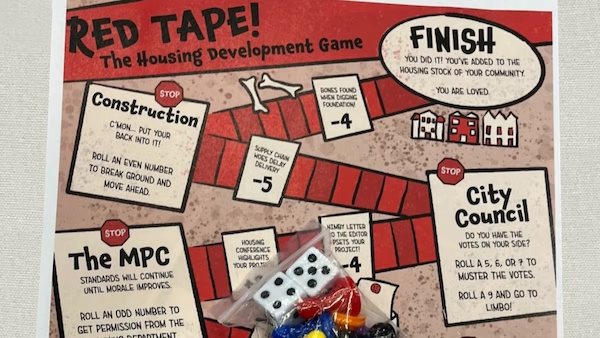
After facing constant roadblocks in opening a neighborhood cafe, an artist in Savannah, Georgia, created a board game that mimics the frustration of small-scale development. It was a wake-up call for local officials.

Thanks to persistent local advocacy and city leadership willing to listen, change is finally coming to a dangerous intersection in New Haven, Connecticut.
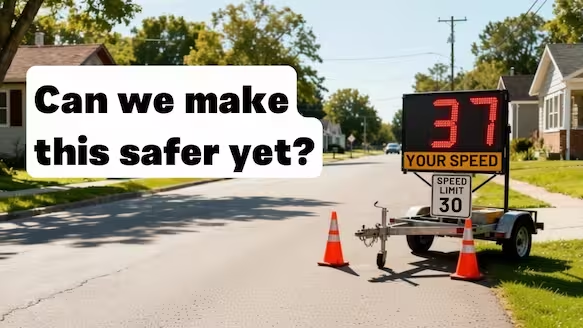
With limited budgets and staff time, cities often reserve their safety interventions for the most dangerous locations. But that doesn't mean other areas are safe.
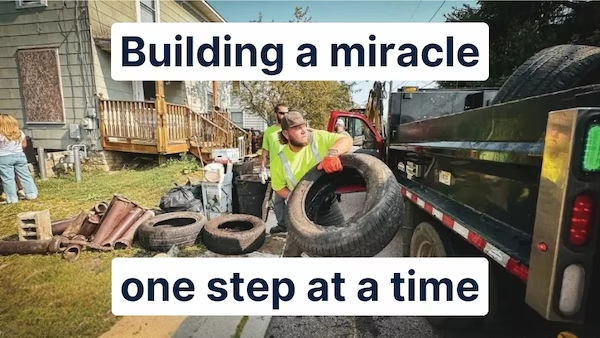
In the heart of the Rust Belt, a city once defined by industrial decline is quietly rebuilding from the ground up.
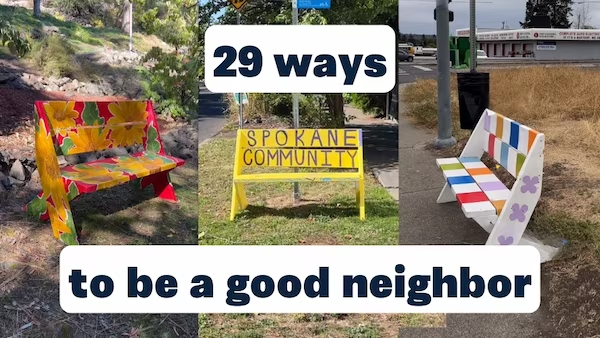
Volunteers in Spokane, Washington, sent a message to city hall last month by building, decorating, and installing 29 bus benches throughout the city.
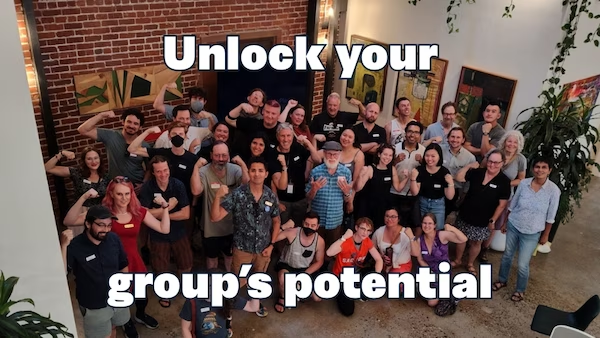
This group went from a struggling handful of advocates to a powerhouse for local change. Here's how they did it.

A fourplex is not a high-rise and shouldn’t be treated like one. Memphis is recognizing that.
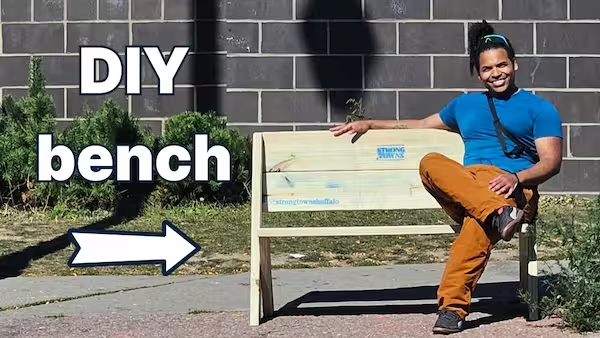
Buffalo neighbors built benches for bus stops, proving that small, bottom-up projects can have a big impact on daily life.
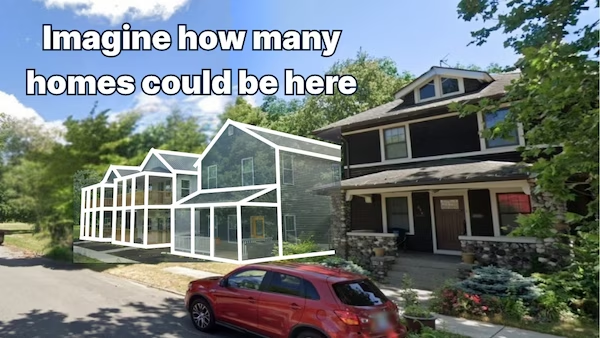
This homegrown developer is bringing practical, thoughtful, and community-focused housing to disinvested neighborhoods in South Bend, Indiana.

Every fall brings the same story: too few school bus drivers, too many kids left waiting. Some districts throw money at the problem. Others see an opening to make walking and biking safer.